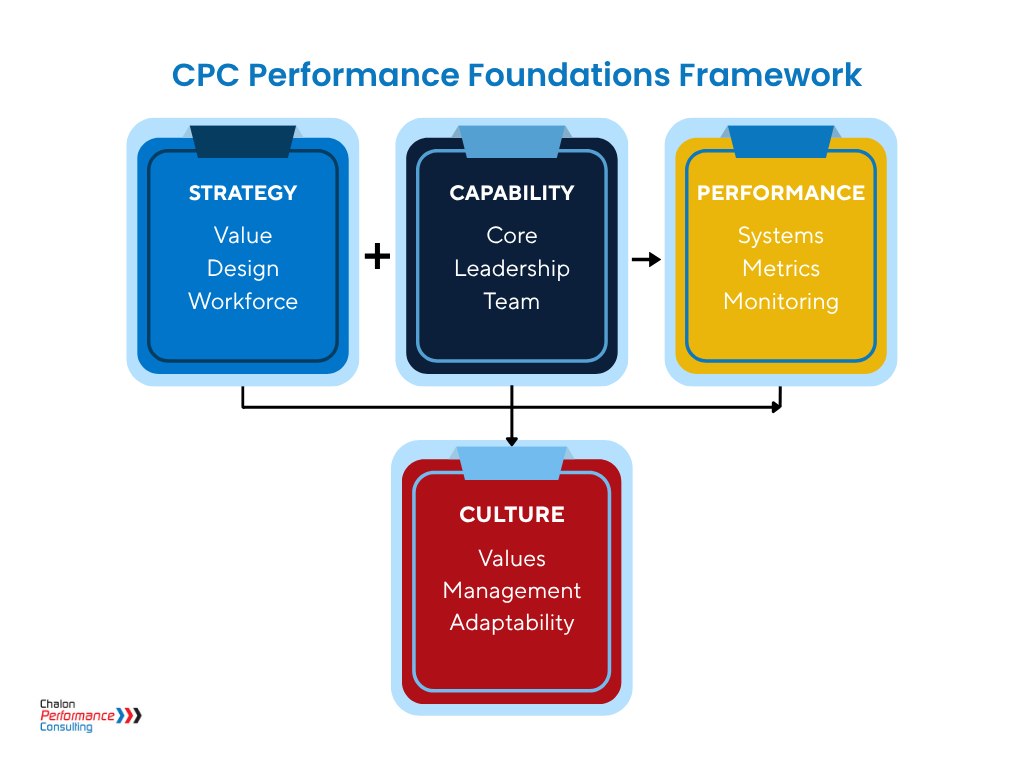There’s nothing quite as vital as having high-performing teams. Teamwork isn’t just a buzzword; it’s the secret sauce that fuels innovation, boosts productivity, and propels organisations toward success. But crafting and nurturing these teams isn’t as simple as waving a magic wand. It takes thoughtful planning and dedication. Let’s explore the strategies and best practices that can help you build high-performing teams that make a real impact, supported by data from trustworthy sources.
Understanding the Essence of High-Performing Teams
High-performing teams are the unsung heroes of any successful organisation. They’re the ones who consistently deliver exceptional results, surpass expectations, and adapt seamlessly to change. According to a study by McKinsey & Company, these teams can be up to 20 times more productive than those with weak collaboration and teamwork.
To grasp the significance of high-performing teams, let’s look at what they can bring to the table. McKinsey’s research also tells us that organisations with a strong collaborative culture are 1.5 times more likely to outperform their peers financially. That’s a tangible impact on the bottom line!
Here are the strategies and best practices that can help cultivate these high-performing teams:
-
Clearly Defined Goals and Roles
Imagine a football game without goals or players performing their roles; chaos, right? The same goes for teams in the workplace. Goals and roles need to be crystal clear. In fact, a Gallup study found that employees who strongly agree that they understand their roles and responsibilities are 67% more engaged in their work. Clearly outlined objectives provide direction and purpose, guiding team members toward success.
-
Diverse Skill Sets and Perspectives
Picture a band that only plays one instrument. It’d be pretty dull, right? The same principle applies to teams. Diversity brings a wealth of skills and perspectives to the table, fueling innovation. According to Boston Consulting Group, companies with diverse management teams experience 19% higher revenues due to increased innovation. Encourage diversity within your team, fostering an environment where every voice matters.
-
Effective Communication
In any relationship, be it personal or professional, communication is the bedrock of success. A report by Salesforce revealed that 86% of employees and executives consider a lack of collaboration and ineffective communication as causes of workplace failures. Create an atmosphere of transparent and constructive communication, ensuring everyone feels heard and valued.
-
Empowerment and Trust
Trust forms the cornerstone of high-performing teams. According to the Edelman Trust Barometer, 73% of employees believe that trust in leadership is essential for company success. Empower your team members to make decisions and take ownership of their work. Trust them to fulfil their responsibilities and make decisions when needed, fostering a sense of ownership and accountability.
-
Continuous Learning and Development
Investing in your team’s growth is a recipe for success. LinkedIn’s Workplace Learning Report states that 94% of employees would remain with a company longer if it invested in their career development. Offer opportunities for skill enhancement and growth, benefiting both individuals and the team’s collective competence.
-
Celebrate Successes and Learn from Failures
Recognition and learning are pivotal for team development. A survey by Globoforce discovered that 78% of employees feel motivated to work harder when they receive recognition. Celebrate your team’s achievements, big or small, and view failures as stepping stones to improvement. Encourage your team to analyse what went wrong and how to avoid similar pitfalls in the future.
-
Effective Leadership
Strong leadership is essential for high-performing teams. A study by Zenger Folkman revealed that organisations with effective leadership are 2.3 times more likely to outperform their peers in terms of revenue growth and profitability. Leadership sets the tone for the team’s culture, so invest in leadership development.
-
Performance Metrics and Feedback Loops
Data-driven insights are a treasure trove of opportunities. A Deloitte report underscores that organisations employing people analytics are 2.7 times more likely to enhance their talent strategies and leadership development. Implement performance metrics and feedback mechanisms to track progress and spot areas for improvement. Regular evaluations against established goals and KPIs foster continuous enhancement.
-
Flexibility and Adaptability
In today’s ever-changing business landscape, adaptability is the name of the game. PwC’s Global CEO Survey highlights that 79% of CEOs are concerned about the impact of skills shortages on their growth prospects. Encourage your team to embrace change and remain open to new ideas and technologies, ensuring they stay relevant and resilient.
-
Work-Life Balance and Well-being
The well-being of your team directly influences performance. A World Economic Forum report emphasises that 78% of businesses witness a positive impact on productivity when they address well-being. Promote work-life balance and mental health awareness within your team. A healthy, cohesive and well-rested team is primed for success.
In conclusion, high-performing teams are the backbone of any thriving organisation. By applying these strategies and best practices, you can cultivate a culture of excellence within your teams. The data-backed insights underscore that investing in teamwork and collaboration not only enhances team performance but also leads to superior financial outcomes for your organisation. Building and nurturing high-performing teams is an investment worth making in today’s ever-evolving business world.
Talk to us about accelerating your team’s performance














